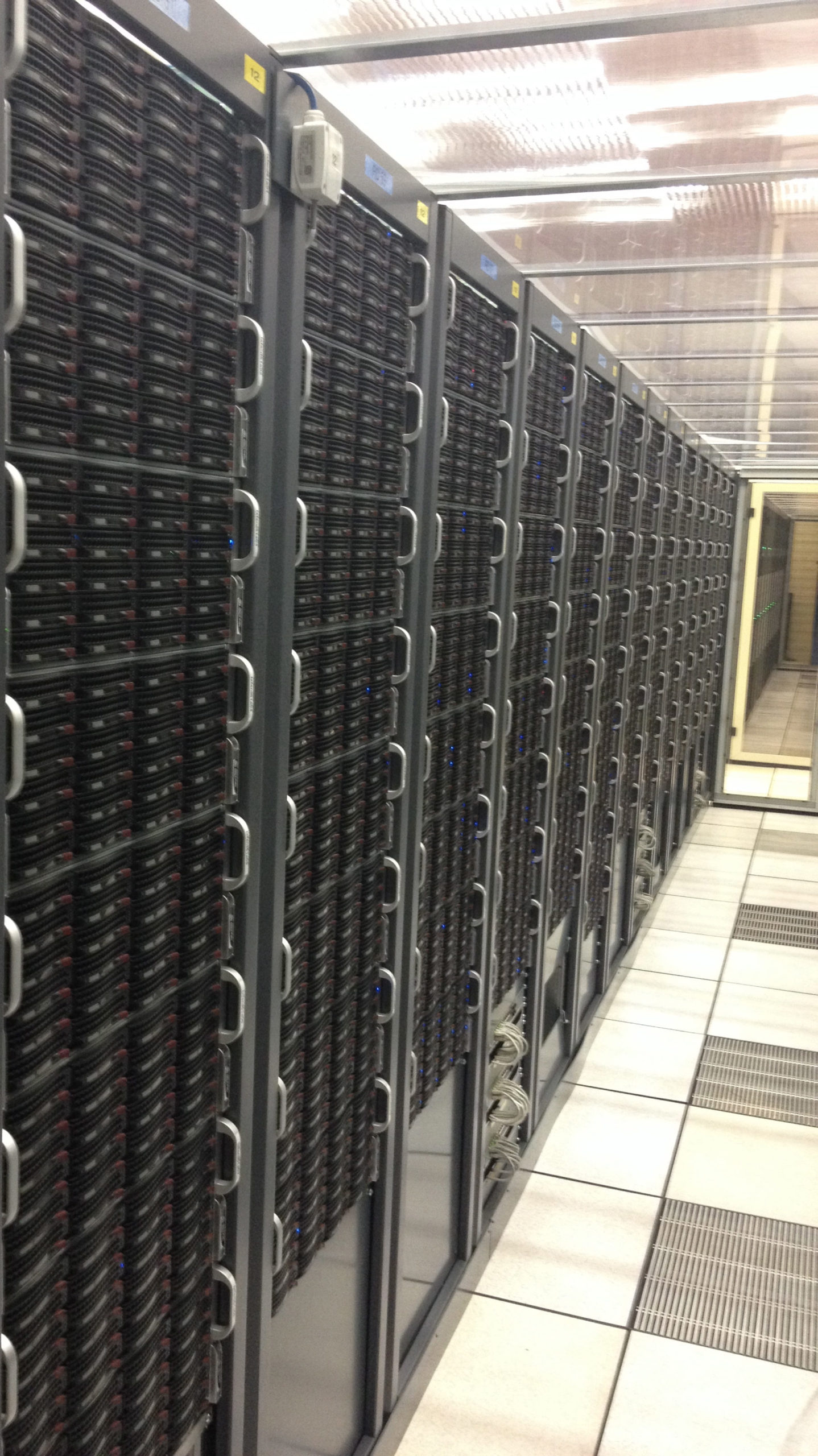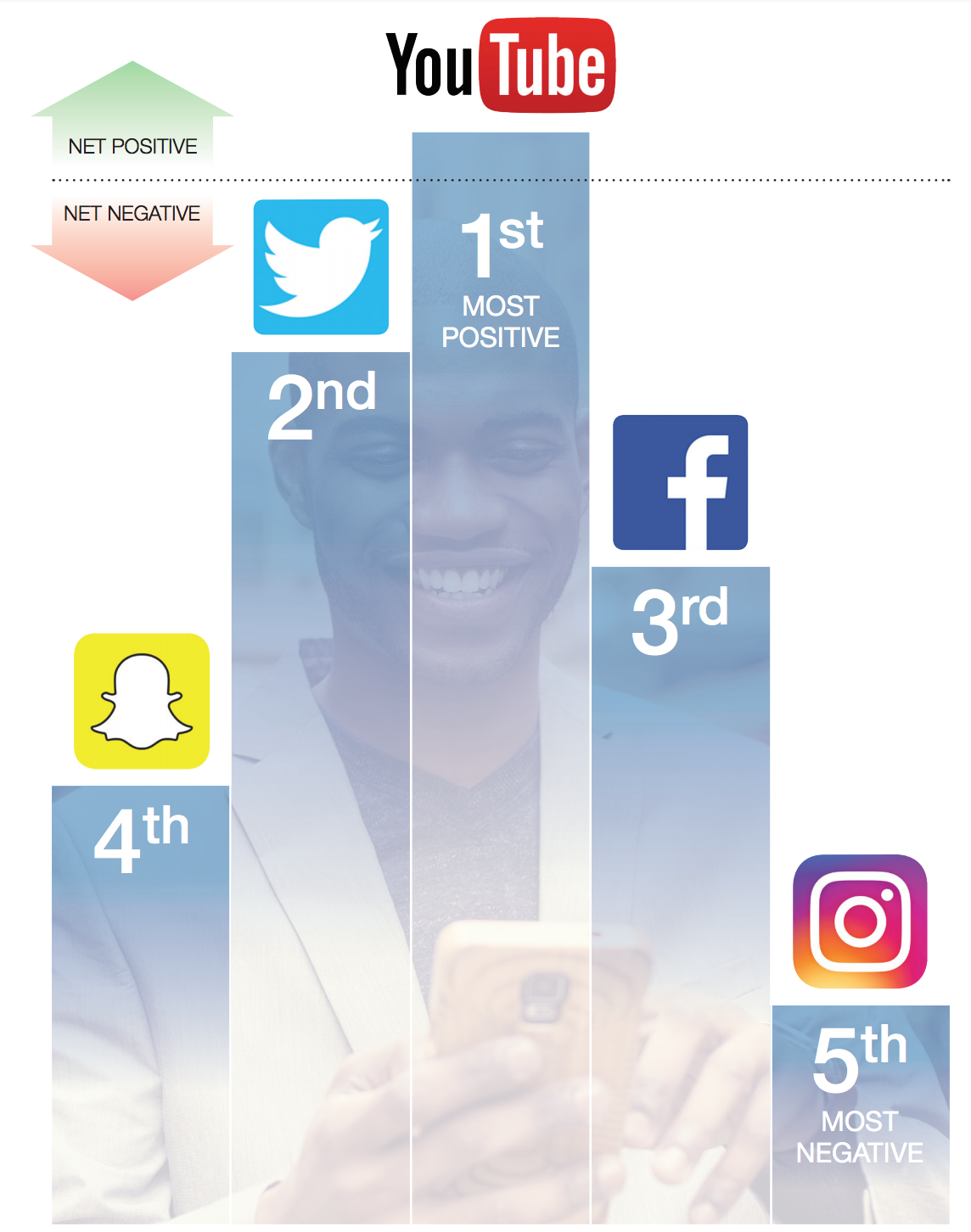Category: Social Media Deontology
-
Twitter is Dead, Long Live Social Media
Reading Time: 2 minutesLe Roi est Mort, longue vie au Roi (article) is a popular phrase in French. It signifies that if the king died royalty would continue and he would quickly be succeeded. Social media has just entered a new age, I believe. Twitter, Facebook and other giants have grown too big, and algorithms…
-

Whether Or Not To Tweet
Reading Time: 2 minutesSometimes we have to ask whether or not to tweet. We have to ask this question because social media is seen by many, in common culture, as an addiction. Everything that is perceived negatively by society suffers, whether justifiably or not. The same is true of cyclists. In Switzerland there is an…
-

On the Detrimental impact of Chain Letters on Social Networks
Reading Time: 2 minutesIn the 90s, people found it fun to share chain letters. At the time, this was something new to many of us, so we found them fun. We received and then passed them on, but over the volume of chain letters become a torrent of spam. The letter is fun the first…
-
Bullying Disguised as Satire
Reading Time: < 1 minuteWe’re in the middle of a pandemic. Some of us go without conversing with people in the real world for days or even weeks at a time. Is now the time to be offensive about people’s social media habits? For plenty of TikTok users, their only window into the social world…
-

The Social Media Reflex
Reading Time: 3 minutesThis morning I uninstalled Facebook and Twitter because most of the tweets I saw were people complaining about things or posts that would fit perfectly as blog posts on a website. We have moved towards the Social Media reflex, rather than towards an open sharing habit. Before social media, we would have…
-
Google Plus is Shutting Down in August
Reading Time: 2 minutesBy shutting Google plus in August 2019 Google have shut down one of my favourite social networks. From the start I have said that it reminded me of Jaiku, an excellent, european alternative to Jaiku that never reached critical mass and so was sold to Google, which then shut it down and…
-

Mental Health and Social media
Reading Time: 4 minutesThere is a lot of discussion about Mental Health and social media because most people are not social media natives. They are either Luddites who do not appreciate playing with technology. They see themselves as users rather than participants and then there are extroverts and other people who see Social Media as…
-
Brainless television and the Tabloid Media
Reading Time: 2 minutesI saw the headline to this article and feel that we should discuss brainless television and the tabloid media. The article was written by a fifty year old who blames the number of distractions for voter apathy. The answer, I fear, is they’re too busy being mesmerised by an ever-increasing plethora of high-tech…
-
The Paradox of “kicking smartphone addictions”.
Reading Time: 2 minutesIt’s amusing that people think of “kicking smartphone addictions”. We now have a decade of experience in the current social media landscape. We have a decade of using smartphones rather than feature phones. In effect we have had a decade to adapt our lives to the age of the ubiquitous smartphone. We…
-
The Frankfurt School of thought and blaming social media.
Reading Time: 3 minutesWhen we were at university studying the media we learned about the Frankfurt School of Thought. We studied Adorno and others. We learned about the public sphere and more. I see a lot of articles today discussing whether we live in a post-fact and post truth age. Social media are given the…